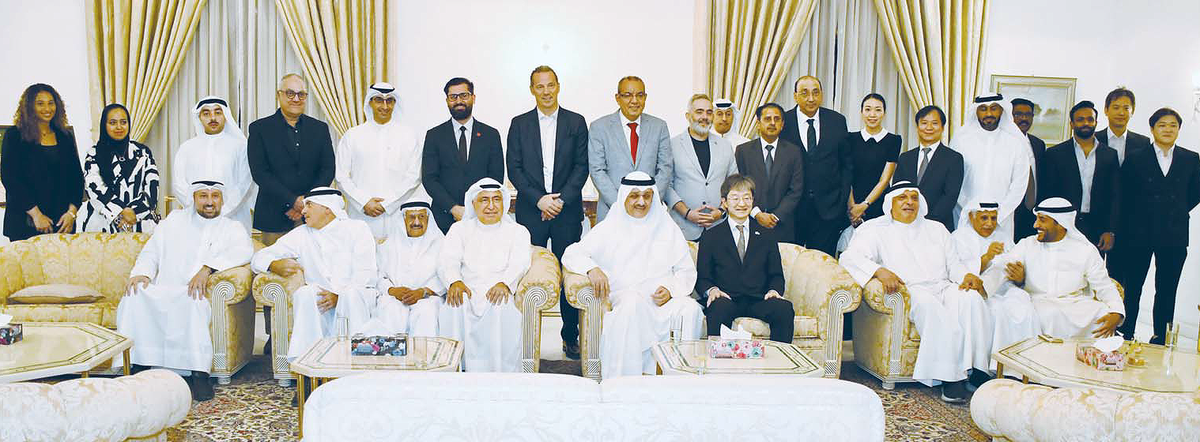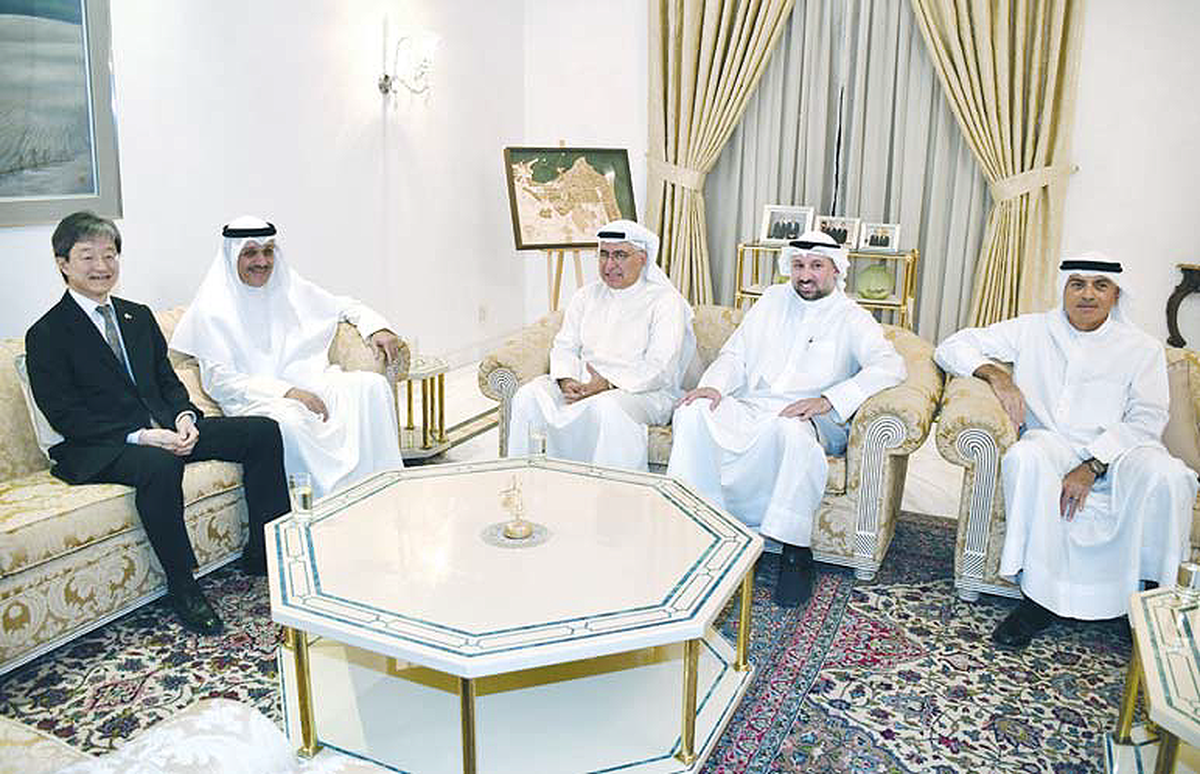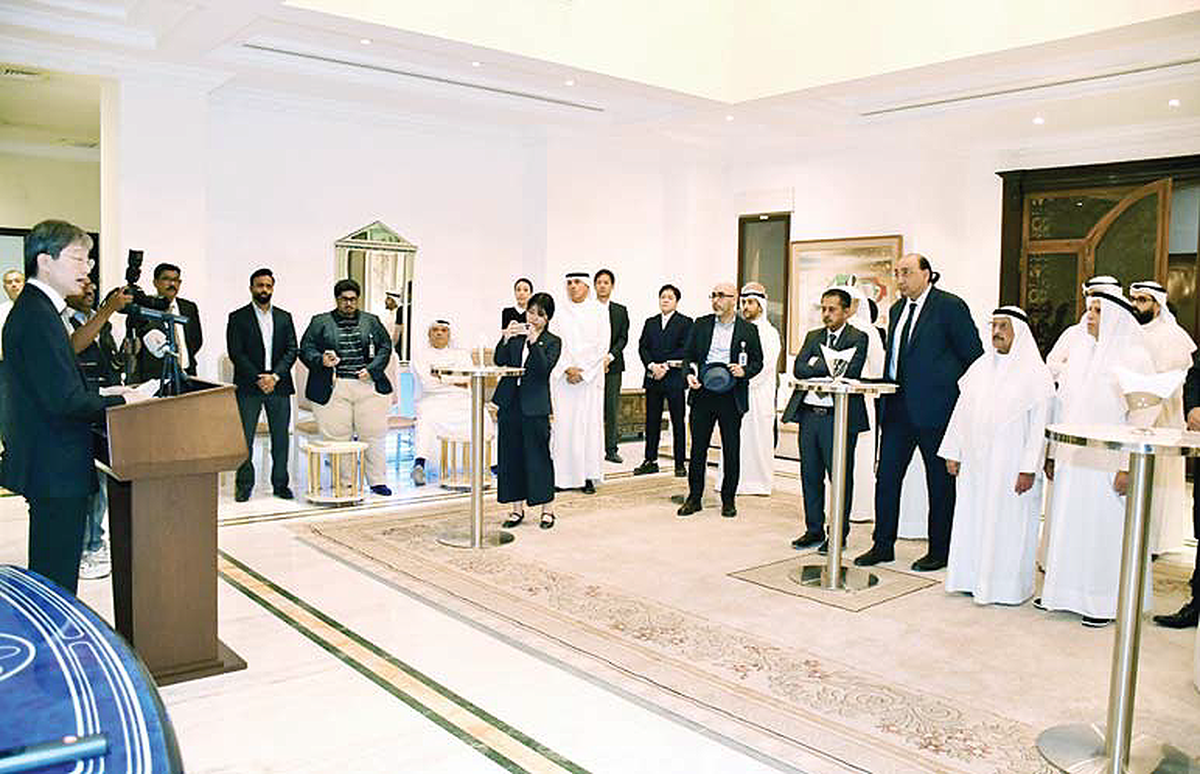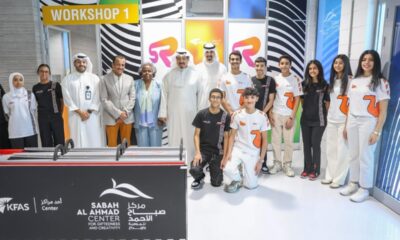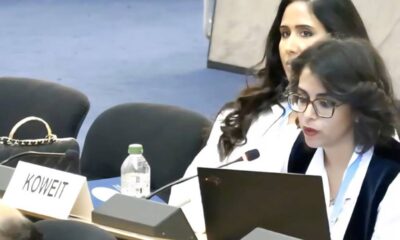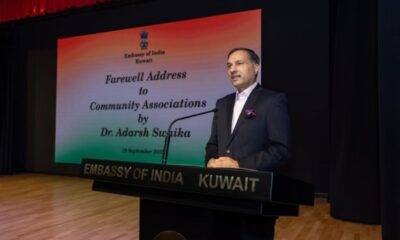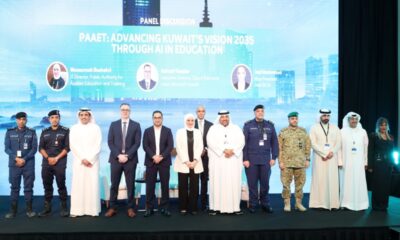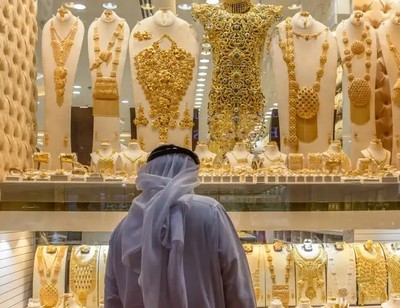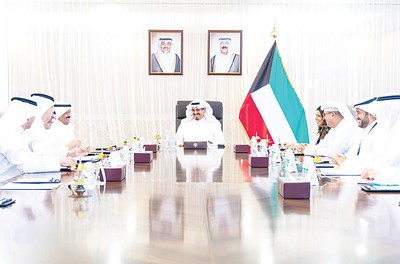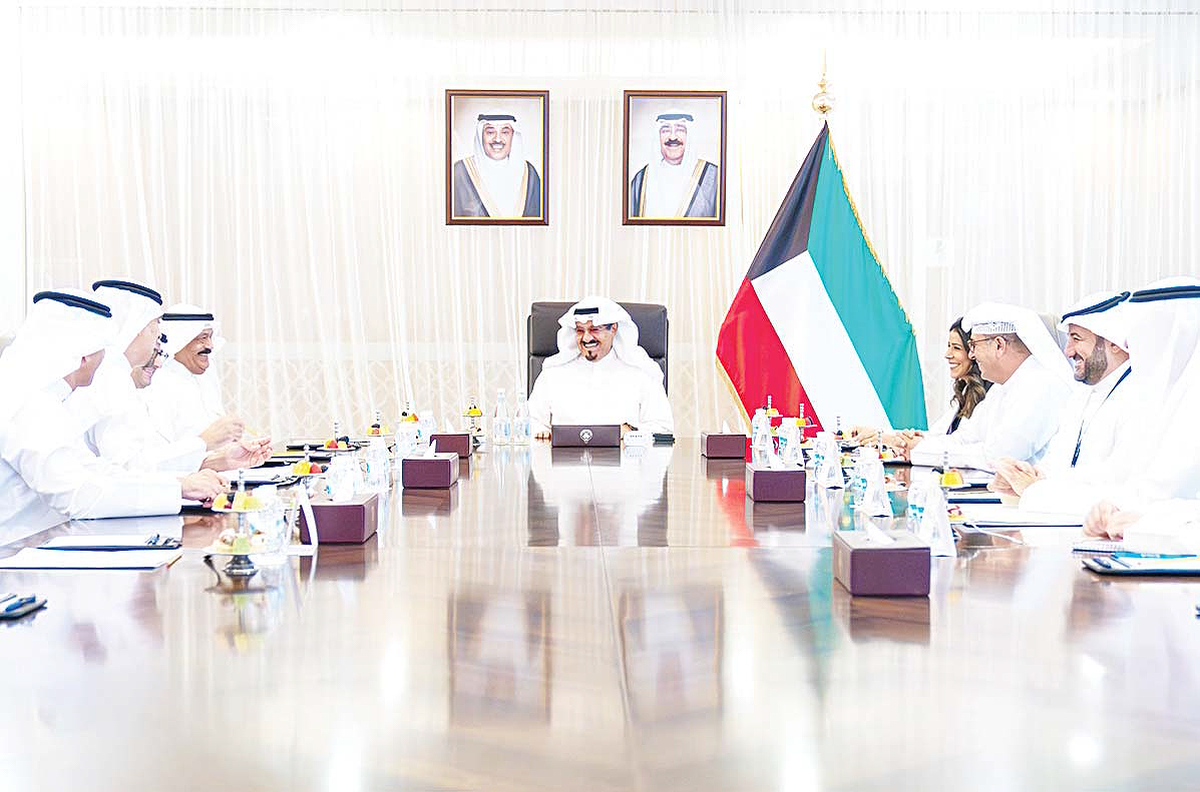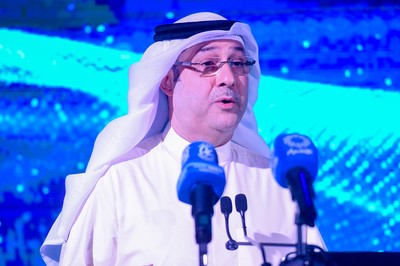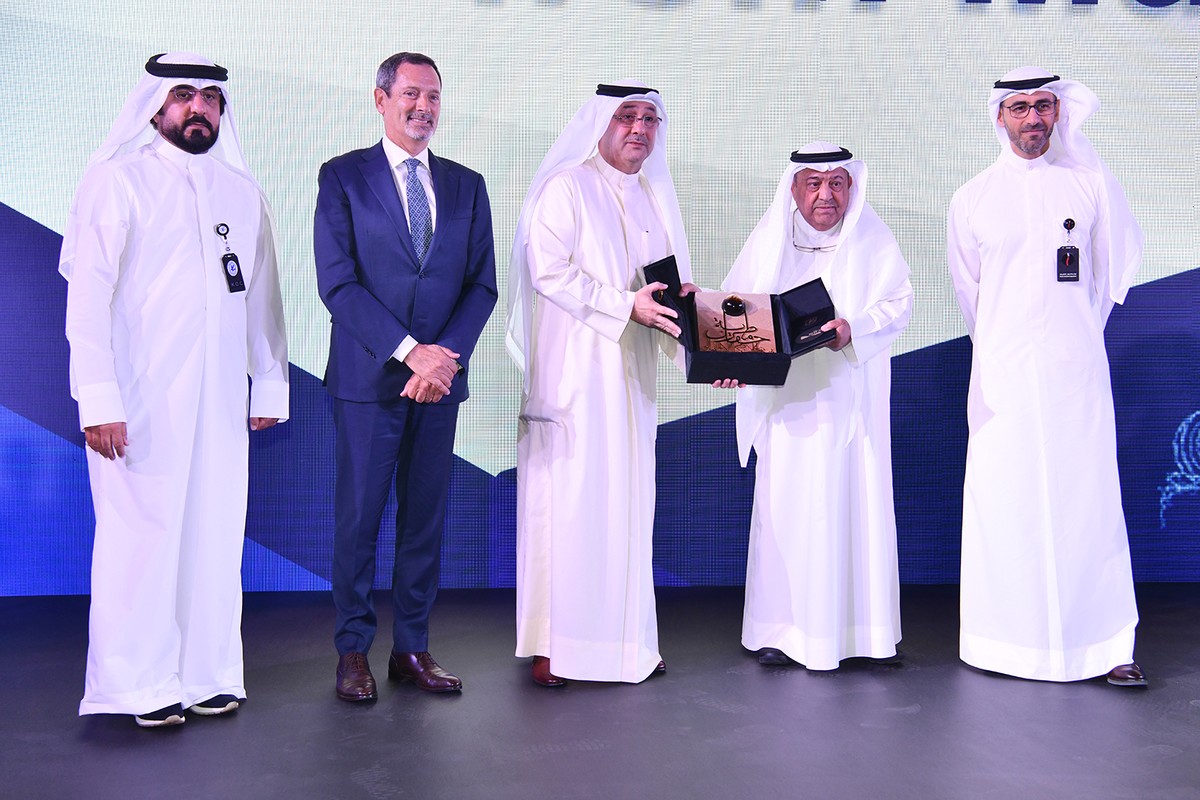KUWAIT CITY, Sept 21: Gold continued its record-breaking surge, closing at $3,685 per ounce at the end of last week’s trading—marking the fifth consecutive week of gains, bolstered by the first U.S. interest rate cut this year and mounting expectations of further monetary easing before year-end.
In its weekly report issued Sunday, Dar Al-Sabayek Company noted that gold futures for December delivery rose by 0.74 percent, settling at $3,705 per ounce, while the spot price touched an all-time high of $3,707, before stabilizing within the $3,660–$3,690 range.
According to the report, the rally reflects a combination of monetary policy shifts and resilient physical demand, highlighting the U.S. Federal Reserve’s recent decision to cut interest rates by a quarter percentage point. The move, driven by a weakened labor market, has reshaped market expectations, with potential rate cuts in October and December becoming increasingly likely.
Dar Al-Sabayek explained that lower interest rates reduce the opportunity cost of holding gold, enhancing its appeal as a safe-haven asset amid inflationary pressures and global uncertainties.
Strong actual demand also played a key role in gold’s momentum. The report pointed to Indian gold purchases reaching a 10-month high, while Chinese imports from Switzerland tripled to 35 tons, signaling a robust shift in physical demand to Asia. Simultaneously, U.S. gold exports dropped sharply amid what the report described as “tariff confusion,” further redirecting supply flows eastward and reinforcing the demand base.
In addition to monetary and demand-driven factors, geopolitical tensions continued to lend support. The report cited ongoing conflicts in Ukraine and the Middle East, as well as uncertainty surrounding international trade negotiations, which contributed to a precautionary risk premium, though not considered the primary market driver.
Still, the report cautioned that the strong U.S. dollar, a rise in 10-year Treasury yields to 4.14 percent, and an increase in real yields to 1.76 percent have acted as modest headwinds to gold’s upward trajectory.
Looking ahead, the report highlighted that the upcoming week will be crucial, with the release of key U.S. economic indicators, including purchasing managers’ indices, durable goods orders, jobless claims, and the final GDP reading. Of particular importance will be the core PCE index, the Fed’s preferred inflation measure. A weak showing across these metrics could increase pressure on the U.S. economy and potentially push gold beyond the $3,710 level, with $3,750 per ounce in sight.
Market attention will also turn to speeches by Federal Reserve Chair Jerome Powell and other Fed officials, alongside monetary policy decisions expected in China, Switzerland, Sweden, and Mexico. Meanwhile, global tensions remain high as world leaders gather for the United Nations General Assembly in New York.
In terms of long-term projections, Dar Al-Sabayek stated that if the global financial easing cycle continues and central banks sustain gold purchases, the medium-term target of $4,000 per ounce remains firmly on the horizon.
Local market impact
The report also noted a significant impact on the local Kuwaiti market, where the price of 24-karat gold reached approximately KWD 36.270 (around USD 111), while 22-karat gold stood at KWD 33.250 (roughly USD 101). A kilogram of silver was recorded at KWD 467 (about USD 1,536).
For reference, the troy ounce, used for precious metals, equals 31.103 grams.
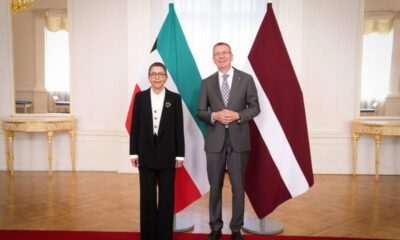
 Latest News22 hours ago
Latest News22 hours ago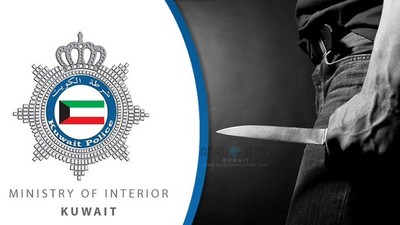
 Politics23 hours ago
Politics23 hours ago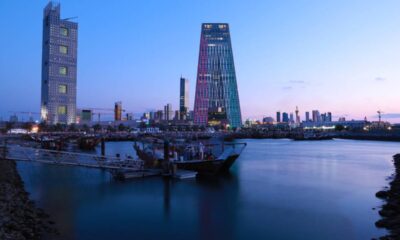
 Latest News23 hours ago
Latest News23 hours ago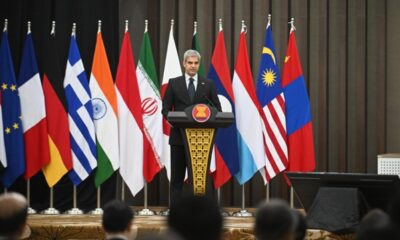
 Latest News15 hours ago
Latest News15 hours ago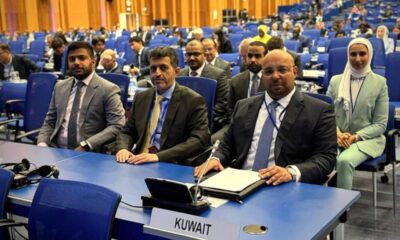
 Latest News14 hours ago
Latest News14 hours ago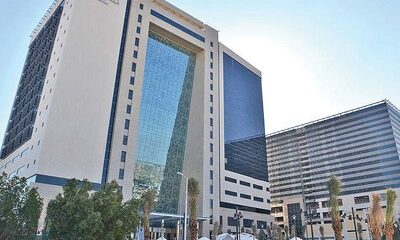
 Politics14 hours ago
Politics14 hours ago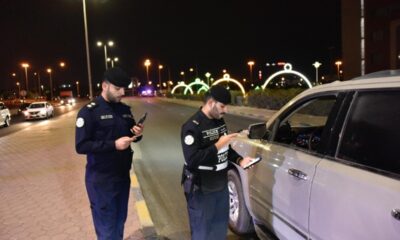
 Latest News8 hours ago
Latest News8 hours ago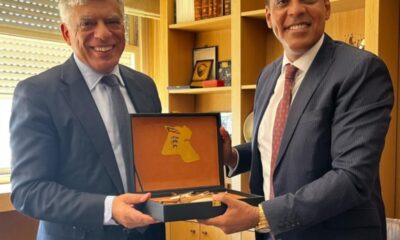
 Latest News16 hours ago
Latest News16 hours ago

